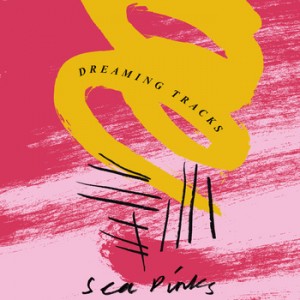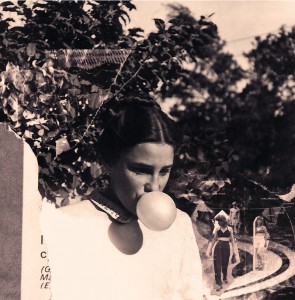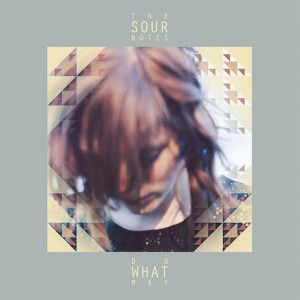Kevin Morby – Still Life
You may know Kevin Morby better through his other projects such as The Babies, or has bass work in Woods. However, Still Life is his second release for this solo development, a follow up to Harlem River, which came out last year. If you’re still only familiar with this man’s other achievements, it’s time to bust out your headphones or your speakers and have a listen to Still Life, which shows the pure talent that you already knew Morby possessed, but channeled in a raw and real form; the sincerity of this record will have you coming back to it over and over again.
The album comes to you humbly and asks you to “take [it] as you feel—” a line that comes on “Amen,” which you won’t come to until later, but this is an instance of the songwriting aptly describing the listening experience. From the moment you press play on opening “The Jester, The Tramp & The Acrobat,” you get this gentle undercurrent of a rhythm that carries you along while Morby, addressing you as a friend, opens up. The song begins to flesh itself out, transitioning from soft drums and acoustic guitar to some licking electric guitar and a change to a faster pace. Here, we get a bit of a preview as to what this album has in store for us: we get both a subtle and simple side well as the intricately crafted indie-rock-and-roll jam side, all of which is coated in a residual gravity in the songwriting.
While it’s hard to pick a favorite aspect of this record to focus on—both the instrumentation and the lyrics work together in a fantastic combination of mood—the lyrics are constantly are working at your heart, begging for you to let them in. Take any track on this record and you can find a line or two that is stunning in its nature, even removed from context. On a song by song basis, there are numbers like “Drowning” and “All Of My Life” which grip you from start to finish, tying together lines like the threads in a tapestry, leaving you simply stunned at the end product. Here is a man pouring what seems to be the contents of his soul into his craft, laying it all out for you in a sometimes delicate, sometimes rock and roll fueled context.
To put it bluntly and with a cliché, listening to this record feels a bit like falling in love; by the time I reached the ending of Still Life, I was already itching to restart and do it all over again, following Morby through the highs of the jams and especially the lows in his lyrics. It’s all good, and it’s all waiting for you to fall into its depths.













